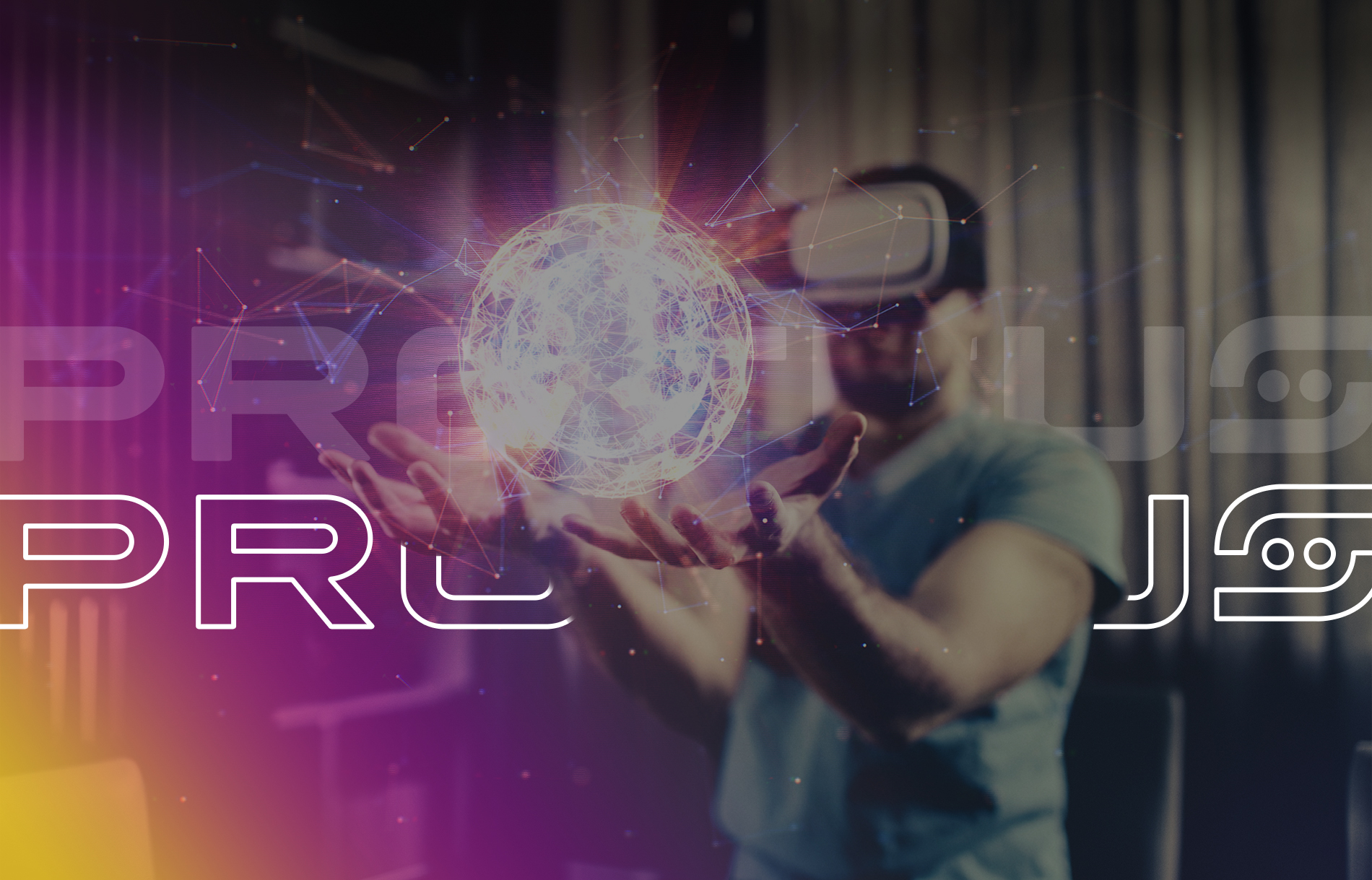
According to the CDC’s Autism and Developmental Disabilities Monitoring (ADDM) Network, approximately 1 in 54 children has been diagnosed with autism spectrum disorder (ASD).
Autism spectrum disorder (ASD) is a range of neurodevelopmental disabilities that can affect a person’s social, emotional, and communication skills. While 44% of young people with high-functioning autism have IQ scores in the average to above-average range, deficits in social-emotional reciprocity often prevent them from thriving in the traditional classroom setting. Difficulties with communication and regulating emotions can also result in social isolation and poor self-esteem.
Since children with ASD have unique problems that other students don’t typically face, educators must adopt unique approaches to better support their needs. Virtual reality (VR) is one such medium that teachers, therapists, counselors, and parents have been using to help students with special needs connect with others and their environment. VR is also being used to help those without the condition better understand ASD.
VR delivers interactive experiences in a safe, realistic, and controlled space. Its immersive nature makes it ideal for behavioral skills training since it allows students to learn by doing and master skills through trial and error.
By deploying VR tools, educators can create safe spaces where students with ASD may practice social skills repeatedly and make mistakes freely.
One of the most successful applications of VR in special education is a research project led by the AIMTech Centre at the City University of Hong Kong. Their team developed a VR-based training program that involved six learning scenarios reflecting the daily lives of children in Hong Kong. The goal of the project was to help students with ASD express their emotions appropriately and adapt to various social environments.
The training was delivered in a four-side virtual setting where students could interact with objects and avatars and respond to real-life situations with guidance from the trainer. Each training session would culminate with a debriefing period where students discuss their experiences and newly acquired skills.
Following the study, teachers and parents observed that students started initiating social contact such as greeting neighbors and making new friends as well as sustaining two-way conversations. Some parents also reported that their children became more flexible in their seat and food preferences.
Virtual reality has also been used to help students with ASD strengthen their public speaking skills. In one experiment, students were asked to speak in a virtual classroom with an audience of avatars. The challenge was that the avatar would fade away if the speaker failed to make eye contact. This encouraged students to look around the room and engage with their audience instead of just staring straight ahead.
Additionally, VR tours can make children with special needs feel more comfortable in new physical environments. Using a VR 360-degree app, educators in the University of the West of England in Bristol gave students aged 10 to 14 years a virtual tour of a local science museum a few days before their actual visit. After the virtual tour, pupils were found to be less anxious about navigating a new space. They also exhibited a greater sense of direction and purpose during the actual visit.
Children with special needs have every right to be educated in an engaging environment and with ample support from educators. At VEDX, we design VR learning technologies that provide truly immersive experiences for students.
According to Jessica Taverniti Psy.D BCBA-D LBA, founder of Spectrum Care Alliance, VR solutions brought a positive impact to the learning experience of students with special needs. “VEDX has proposed a solution that capitalizes on the visual learning style for those diagnosed on the Autism Spectrum (ASD). As a result of the submersive experience provided by Virtual Reality (VR), individuals with ASD have seen an increase in perspective-taking, the ability to have a more focused and targeted learning environment, all while engaging 3 out of the 5 senses (seeing, touching and hearing).”
Taverniti also explains how “VR proposes a much-needed solution to the typical and often non-realistic scripted role-play, 2-D worksheets and video modeling often used in empirically validated treatment, Applied Behavior Analysis for ASD.”
She adds, “Similar to the benefits of the mental skill visualization, VR is able to activate the same brain areas as if the person were actually performing the skill in real life. Additionally, VR is an exceptional solution offering real-life submersive experiences that can be repeated with increased complexity for mastery and generalization across settings. VEDX continues to integrate a contrived or realistic visual sensory experience, creating a most effective visual learning and teaching method for those diagnosed with autism spectrum disorder.”
Let our VR packages transform your curriculum and provide better learning solutions for students with special needs. Book a free discovery call for personalized consultations, systems design, implementation, setup, and results monitoring
Created By Euphoria XR | Privacy Policy | Sitemap| Contact Us